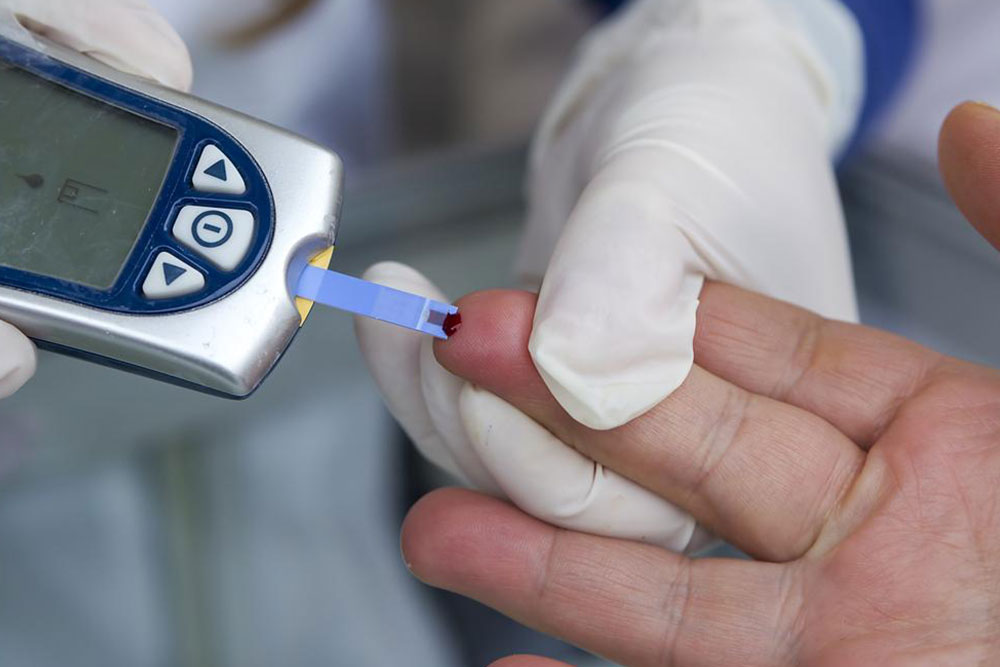Things to know about different types of diabetes
A fairly significant portion of modern populace is affected by diabetes a chronic medical condition that can even prove to be fatal in some scenarios. During diabetes, the insulin level of a human body is affected. Insulin, produced by beta cells in the pancreas, is required to break down the sugar stored in a human body into usable energy. However, sugar starts to build up in the blood during the absence or dearth of insulin.
Increased blood sugar level because of diabetes can cause several complications, including chronic kidney disease and increased risk of heart attack. Diabetes, being incurable, requires regular blood sugar level monitoring and medication.

Diabetes is of two types Type 1 diabetes and Type 2 diabetes. However, a third rare diabetic condition by the name gestational diabetes also exists.
Type 1 diabetes
In most cases, type 1 diabetes starts developing during adolescence or childhood. But it can also develop during adulthood. Latent autoimmune diabetes in adults a.k.a. LADA falls into the type 1 diabetes category. A person affected with LADA suffers from immune-mediated loss of pancreatic beta cells. In type 1 diabetes, the immune system attacks and kills beta cells present in the pancreas.
Type 2 diabetes
Insulin insensitivity is the condition when human body isn’t able to properly use the insulin produced by the pancreas. It is one of the two preconditions that accounts for type 2 diabetes, the other being the body not producing adequate amount of insulin. As a result of this condition, sugar starts to build up in the blood. Though type 2 diabetes often develops during adulthood; children are also prone to this medical condition. Genetics can be a factor for this disease. About 9 out of 10 diabetic patients suffer from type 2 diabetes. Treatment includes regular medication and insulin intakes. Type 2 diabetes can be managed via planned physical activity and diet control.
Gestational diabetes
A very rare condition occurring during pregnancy, gestational diabetes is a temporary form of diabetes. For this reason, it is also known as diabetes during pregnancy. Though it affects a mere 2% to 4% of all pregnancies, the medical condition involves a bigger risk of developing type 2 diabetes in the mother and/or the child. Blood sugar tests during pregnancy are used for diagnosing the medical condition. Treatment for gestational diabetes includes healthy diet, exercise and regular monitoring of the baby. Medication might be required in cases of very high blood sugar level.
Curing diabetes is one of the greatest medical challenges faced by the modern world. Researchers are still mulling over developing a permanent cure for this disease. Until a cure for diabetes is found, people suffering from it must focus on having a healthy diet and exercising regularly.

